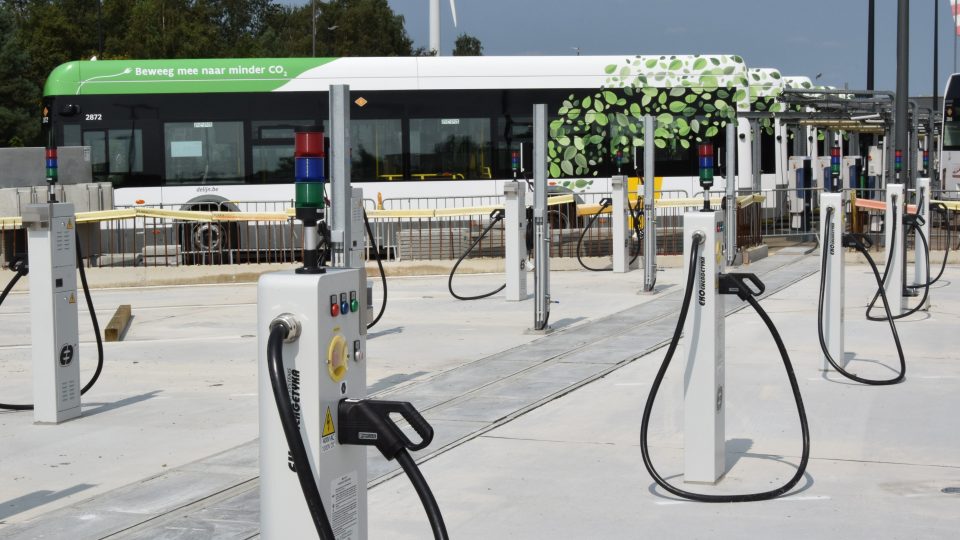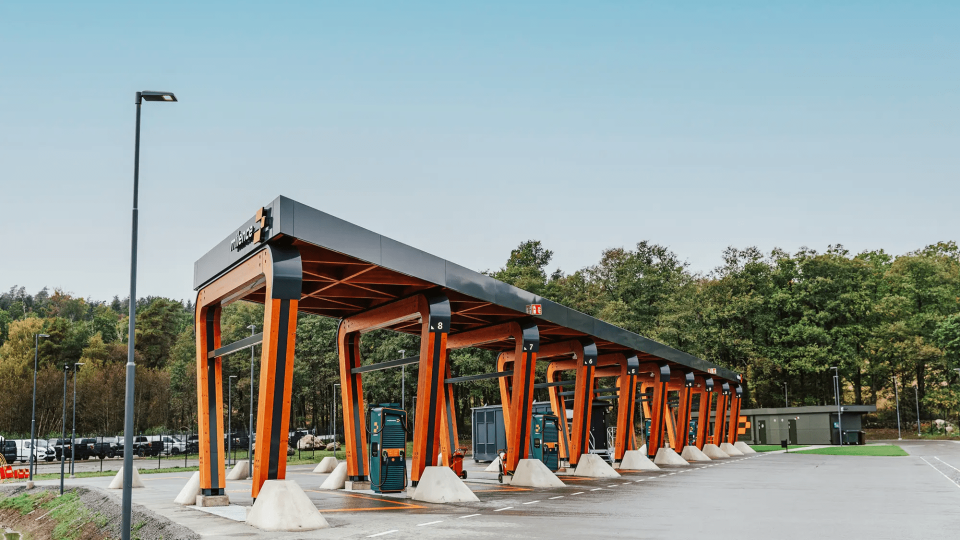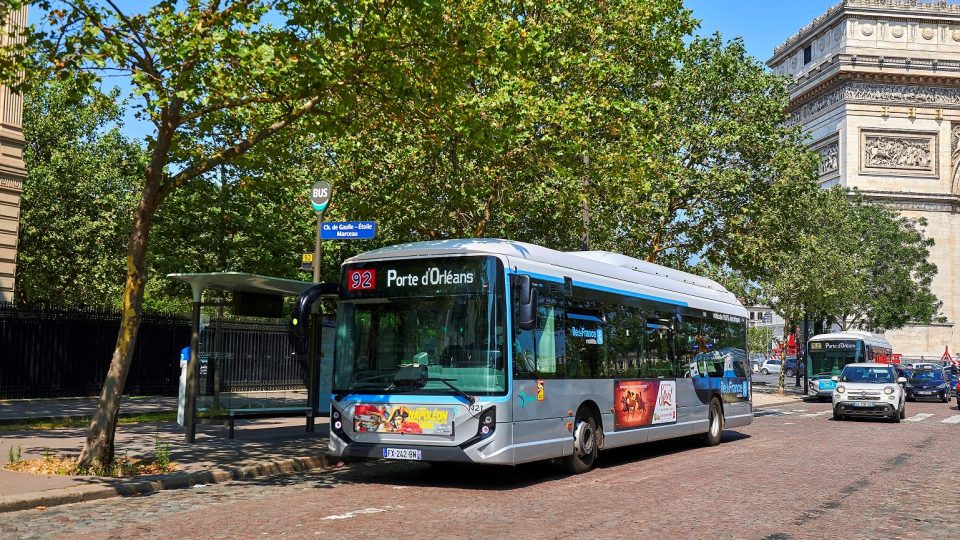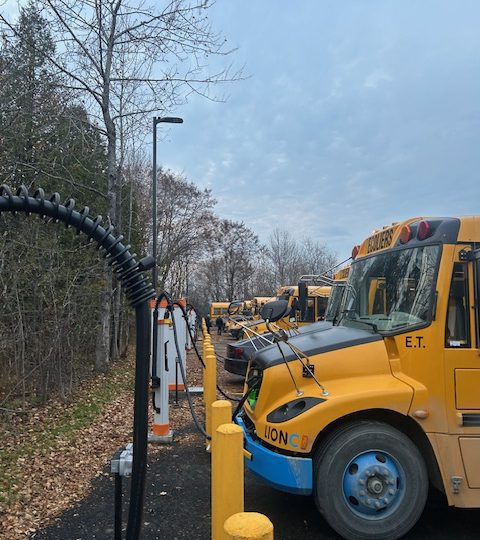Siemens eMobility tasked with electrifying Autolinee Toscane’s depots in Italy
Siemens eMobility announces it has been selected as the technology partner for two major electric vehicle charging infrastructure projects in Italy. One of those concerns the installation of charging infrastructure for e-buses in the premises of the carrier Autolinee Toscane (RATP group). The other project involves equipping over 120 logistics sites with advanced charging infrastructure. […]
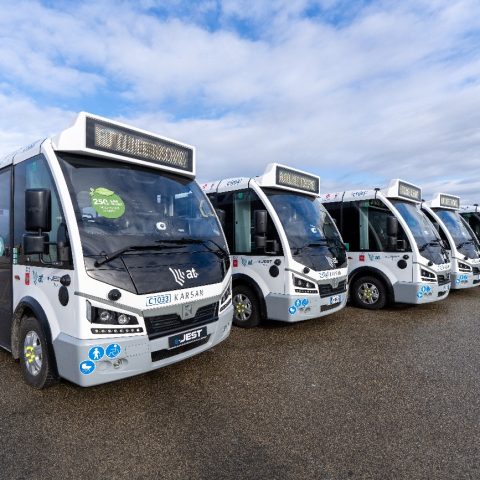
Siemens eMobility announces it has been selected as the technology partner for two major electric vehicle charging infrastructure projects in Italy. One of those concerns the installation of charging infrastructure for e-buses in the premises of the carrier Autolinee Toscane (RATP group). The other project involves equipping over 120 logistics sites with advanced charging infrastructure.
In Tuscany Karsan has just delivered a batch of 12 e-Jest, bringing to 250 the number of e-buses ever delivered by the Turkish brand in Italy, as reported on Italian trade media (and our sister platform) Autobusweb.
Electrification of Autolinee Toscane’s depots ahead
73 charging points are set to be installed during the process of electrification of multiple bus depots for Autolinee Toscane. The project consists of a total of 73 Sicharge UC charging points, capable of supplying 100 and 150KW of power to charge electric vehicles. In addition, Siemens supplies medium and low voltage electrical distribution systems with switches equipped with IoT modules to ensure reliable and transparent energy supply.
Siemens eMobility also highlights that it provides DepotFinity, a software platform for monitoring, reporting, programming and managing charging operations within the depots.
“The main benefits for Autolinee Toscane are the monitoring of charging processes with the implementation of optimized smart charging logics of loads based on the operator’s service, pre-conditioning functionality of vehicle batteries and reporting of the kilometers traveled by each individual vehicle”, the German company states.
In another project, IPLANET, a leading energy transition solutions provider, has tasked Siemens eMobility with equipping over 120 logistics sites with advanced charging infrastructure, featuring integrated Point of Sales (POS) systems compliant with Alternative Fuels Infrastructure Regulation (AFIR), activation via app or QR code, and interactive screens ensuring accessibility also for users with disabilities. The network includes hundreds of 300-400 kW charging points, all fully remotely monitored through independent connectivity channels to ensure high reliability and availability.
The sites also incorporate Siemens medium and low voltage electrical distribution systems, scalable compact transformer substations, and telecontrol capabilities, enabling integration with renewable energy sources. Additionally, some of the turnkey service areas, including photovoltaic installations, parking area battery energy storage systems (BESS), and facilities for heavy-duty EV charging (e-trucks), are already operational.
“Projects like these underscore Siemens eMobility’s mission to integrate sustainable mobility into everyday life. By combining cutting-edge technology and strong partnerships, we’re helping to transform the transportation and logistics sectors for a more sustainable future,” said Markus Mildner, CEO of Siemens eMobility.


